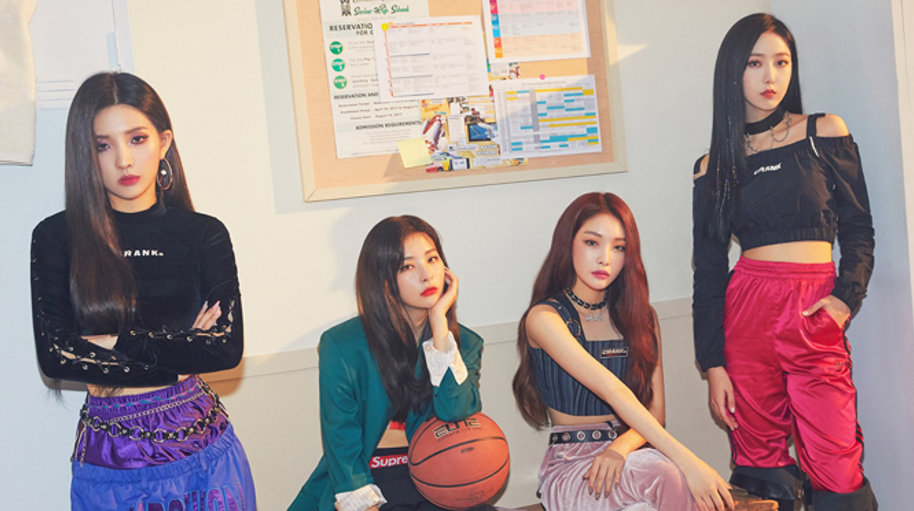
As we progress through the years, the K-pop industry, known for its rapid evolution, is undergoing significant changes. Here, we delve into some of the noticeable trends that are gradually fading from the vibrant world of K-pop.
1. Set Positions: There was a time when group members would distinctly introduce themselves with titles such as 'leader' or 'vocal lead.' This trend is becoming less common, as groups now tend to introduce themselves by their names, emphasizing a more unified identity rather than highlighting individual roles. This shift reflects a broader move towards versatility and fluidity within groups, allowing members to showcase a range of talents beyond a single designated role.
2. No Bridges: Recently, it's been observed that many K-Pop songs omit the bridge section. Traditionally, bridges serve as a pivotal moment in a song, offering a catchy and often climactic transition before the final chorus. Their absence marks a notable change in song structure, potentially influencing how listeners experience and remember the music.
3. Songs that are over Three-Minutes Long: Another surprising trend is the shortening of song lengths. Whereas K-Pop tracks commonly reached or exceeded the three-minute mark, many recent releases hover around two minutes, rarely extending much further. This shift might reflect changes in listening habits or the industry's response to the fast-paced consumption patterns of digital music platforms.
4. Live Singing:
Live singing, once a hallmark of K-Pop performances, had seen a decline, with fans noting that many artists rely on backing tracks during performances. However, there's a growing appreciation for live vocal performances, suggesting a potential resurgence of this skill as an essential part of an artist's repertoire. This trend indicates an increasing demand for authenticity and vocal talent in live settings.
5. Collaborations with Multiple Groups:
The K-Pop industry once frequently showcased collaborations involving members from different groups, leading to memorable tracks like "Wow Thing" by Seulgi, SinB, Chung Ha, and Soyeon. Other notable collaborations include Red Velvet and aespa's "Beautiful Christmas" and the SM Town ensemble in "Let's Go On a Vacation". Such cross-group collaborations, which brought fans together from various fandoms, are becoming less common, marking a shift in how projects and group dynamics are approached.
These trends reflect the ever-evolving landscape of K-Pop, highlighting the industry's response to global influences, changing consumer behaviors, and the constant pursuit of innovation in music and performance styles.